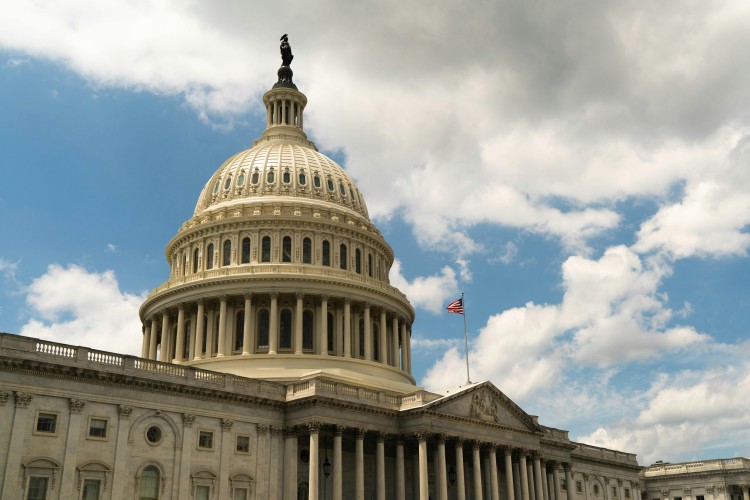5 Resources to Drive Effective Youth Development Practices

As a youth development practitioner, we often feel overwhelmed with tasks on our to-do list and the fires that we are trying to put out each day. Rarely do we find the time to invest in ourselves as professionals – to learn about the new releases in activity resources, review the latest research, or collaborate with others in the field outside of our program or organization. To support youth practitioners in their professional development and quest to continually drive impact with youth, here are some of the latest activities, books, and research resources that I would recommend:
5. Brain Boosters for Groups in a Jar
(Link: http://bit.ly/28LFUY4)
 101 active games to encourage brain development and team building in classrooms, advisory groups, after-school programs, teams and youth groups. Appropriate for youth ages 12+, this activity resource was developed by youth development specialists Susan Ragsdale and Ann Saylor who are also the authors of several books, including Great Group Games.
101 active games to encourage brain development and team building in classrooms, advisory groups, after-school programs, teams and youth groups. Appropriate for youth ages 12+, this activity resource was developed by youth development specialists Susan Ragsdale and Ann Saylor who are also the authors of several books, including Great Group Games.
4. Our Kids: The American Dream in Crisis
(Link: http://amzn.to/28L2Vq0)
 This New York Times bestseller from author Robert Putnam is a must read for youth practitioners as well as policy makers and philanthropists interested in ensuring Americans have opportunities for upward mobility. Putnam explores the emerging opportunity gap that is widening in America through personal reflections and extensive evidence from the past few decades. Whether you use this book for your next presentation or grant proposal, it will motivate youth practitioners to remain focused on accelerating change despite short-term obstacles.
This New York Times bestseller from author Robert Putnam is a must read for youth practitioners as well as policy makers and philanthropists interested in ensuring Americans have opportunities for upward mobility. Putnam explores the emerging opportunity gap that is widening in America through personal reflections and extensive evidence from the past few decades. Whether you use this book for your next presentation or grant proposal, it will motivate youth practitioners to remain focused on accelerating change despite short-term obstacles.
3. Ready by Design: The Science (and Art) of Youth Readiness
(Link: http://bit.ly/28LIsW3)
 With support from The Ford Foundation, The Readiness Project released this report in March 2016 from authors and youth development specialists Stephanie Malia Krauss, Karen Pittman, and Caitlin Johnson. This report highlights the abilities and practices that young people need in life and the common traps in systems and settings that impact the growing gaps in young people’s readiness. It is a great resource for leadership teams and frontline staff to assess their current operations, partnerships and programs in partnership with the youth they engage.
With support from The Ford Foundation, The Readiness Project released this report in March 2016 from authors and youth development specialists Stephanie Malia Krauss, Karen Pittman, and Caitlin Johnson. This report highlights the abilities and practices that young people need in life and the common traps in systems and settings that impact the growing gaps in young people’s readiness. It is a great resource for leadership teams and frontline staff to assess their current operations, partnerships and programs in partnership with the youth they engage.
2. Growth Mindset for Mentors
(Link: http://bit.ly/1osPUIs)
 Developed in collaboration with MENTOR and piloted by City Year, this toolkit helps mentors understand growth mindset and how to apply growth mindset strategies to many of the challenges that we all face in life. I have particularly found the Strategy Box exercise (http://bit.ly/1L7i3zg) to be powerful with youth and adults – it guides individuals in reflecting on strategies that have worked in achieving past goals and how those same strategies can be applied to resolving new challenges and achieving new goals.
Developed in collaboration with MENTOR and piloted by City Year, this toolkit helps mentors understand growth mindset and how to apply growth mindset strategies to many of the challenges that we all face in life. I have particularly found the Strategy Box exercise (http://bit.ly/1L7i3zg) to be powerful with youth and adults – it guides individuals in reflecting on strategies that have worked in achieving past goals and how those same strategies can be applied to resolving new challenges and achieving new goals.
1. Personal Branding
(Link: http://bit.ly/1P9Telr)
A blogger, researcher, and Associate Director of Columbia University’s Motivation Science Center, Heidi Grant Halvorson offers her insights on how we can enhance our personal brand in this video. She shares practical steps for how we can get out of our own minds and make sure our message is heard, which is a powerful skill for both youth practitioners and youth to develop and practice.
Dan Horgan is the CEO and Founder of the D.G. Horgan Group. Daniel seeks to change the world by equipping, elevating and evolving others through his words and actions. He is an avid student of life, striving to learn from each person he encounters and each experience that he embraces. Be sure to check out his book, "Tell Me I Can't...and I Will" here. For more information on D.G. Horgan Group, check out www.dghorgangroup.com.


